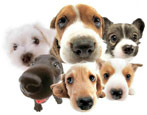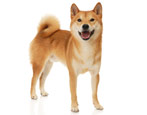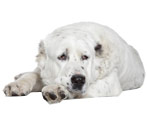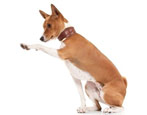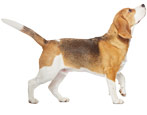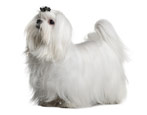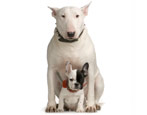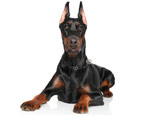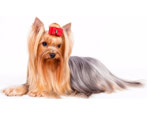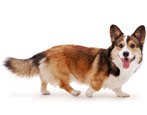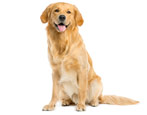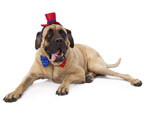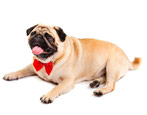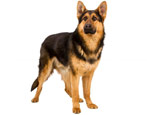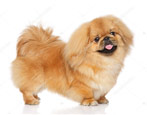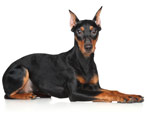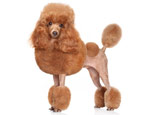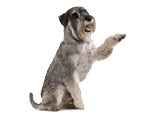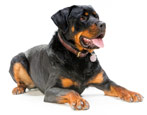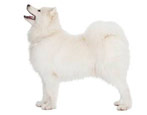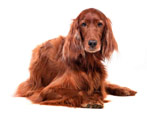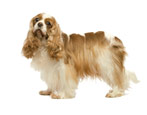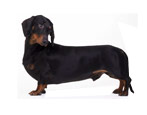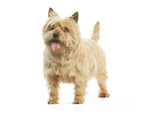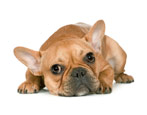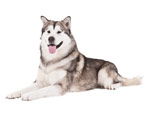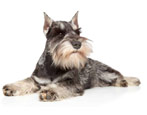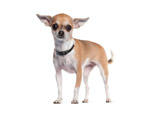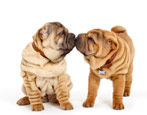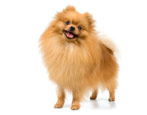Chinook: description, advantages and disadvantages, temperament and care
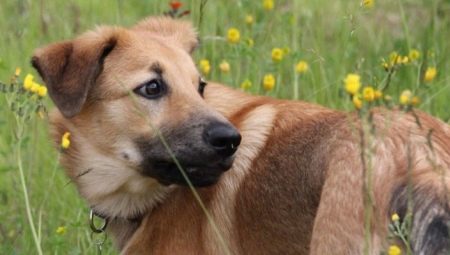
Chinook belongs to one of the rarest dog breeds in the world, as there are very few of its representatives. About these dogs is known only to a limited number of people related to cynology. Although there are quite a few similar animals, true representatives of the breed have special characteristics.
Characteristic
The breed is relatively new, it was bred in New Hampshire (USA) and is considered exclusively American. Nowhere else in the world are these dogs bred. It got its name from the nickname of the sled dog Chinook, the favorite of the founder of the breed, Arthur Walden. The emergence of such dogs was facilitated by the need for hardy sled dogs that would have high performance and have good running speed. Animals of different species were used to create the breed, and for the first time the Chinooks took part in a polar expedition led by General Byrd.
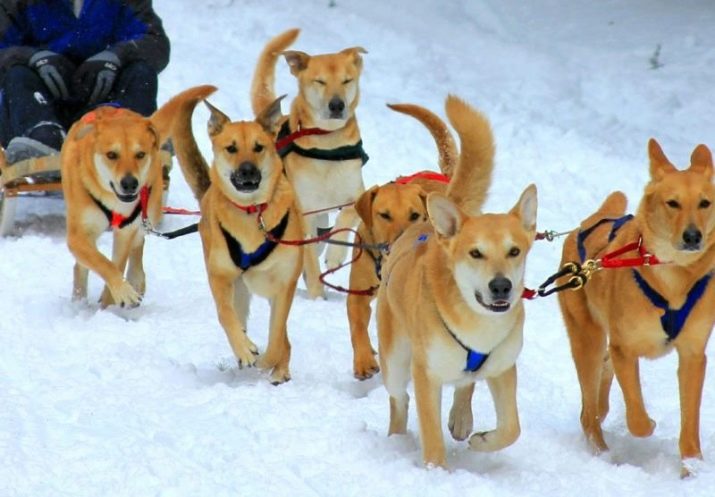
During the journey, they demonstrated their unusual abilities, transporting heavy cargo over long distances, while showing a fairly high speed. When the need for the use of dogs in cargo transportation disappeared, the already small number of dogs dropped significantly. The breed did not disappear only thanks to the efforts of the Chinook Club, organized in the 50s of the last century.which still exists today. This organization is the only one in the world that is engaged in breeding and control of the breed, which is still the smallest in number. Despite all the efforts of the Club members, the international dog handlers' association has not yet officially recognized this breed.
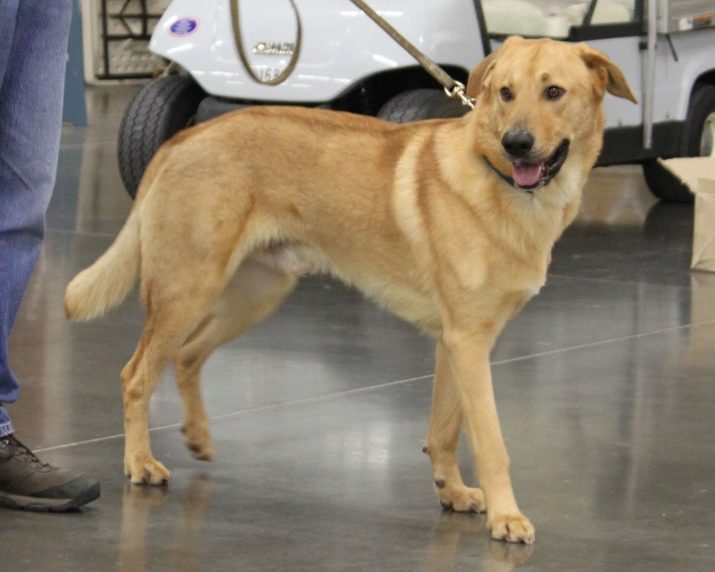
Initially, the breed was intended exclusively for working in a team, but due to the fact that different types of dogs were used as progenitors, animals have different qualities. They are mainly used for riding, for transporting goods, but they are also great as companions. Representatives of the breed cannot take part in exhibitions and competitions, since they are not officially recognized, but they are good as pets, especially for people who lead an active lifestyle, like long walks and travel. In such events, the chinook will become a faithful companion and assistant.
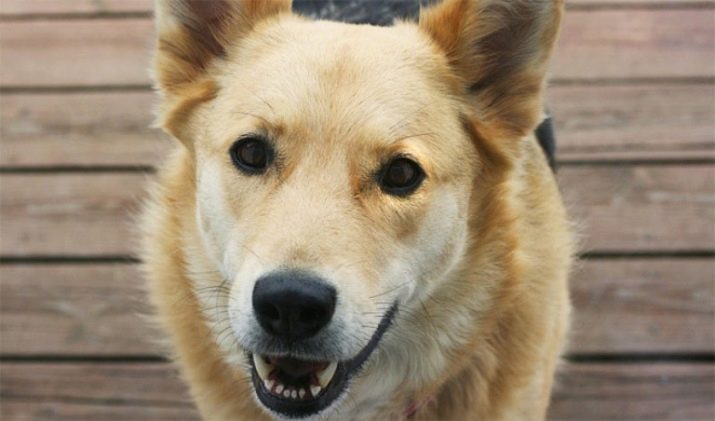
As such, there is no standard, but the main characteristics of the breed include:
- height - 55-68 cm;
- weight - 29-42 kg;
- a strong physique with a deep, lean chest and a strong back;
- well-developed body musculature, strong limbs;
- a small head with an elongated muzzle, a strong straight neck;
- hanging ears of medium size;
- dark eyes with black edging;
- tight-fitting coat with a soft undercoat that gives off a light red tint;
- the color is predominantly golden-fawn, but may be lighter in some places;
- males are distinguished by their larger size than females.
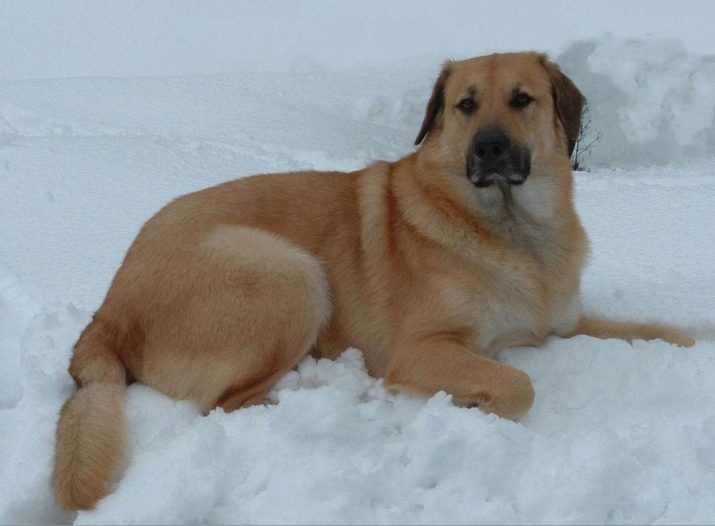
Although the Chinook belongs to the "working" breed, it has an extraordinary gracefulness and plasticity, which significantly distinguishes it from other "northerners" - Laikas. The breed stands out for its beauty: the dog's coat sparkles with golden, warm shades.
Pros and cons of the breed
Like any other breed, the Chinook has its merits, which distinguish it from other animals.
- He is considered a good friend, because he is characterized by special devotion and love for the owner. Dogs of this breed are very attached to humans and retain this attitude for life.

- These animals are very hardy and strong, they easily endure cold weather.
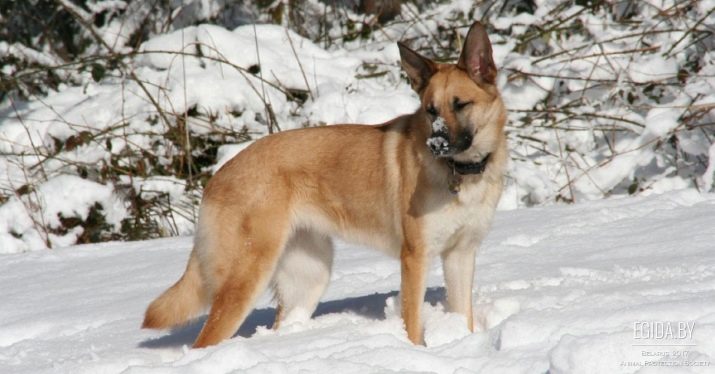
- Chinook is able to navigate well in difficult conditions, assess the prevailing situation and make the right decisions, which indicates his extremely sharp mind.
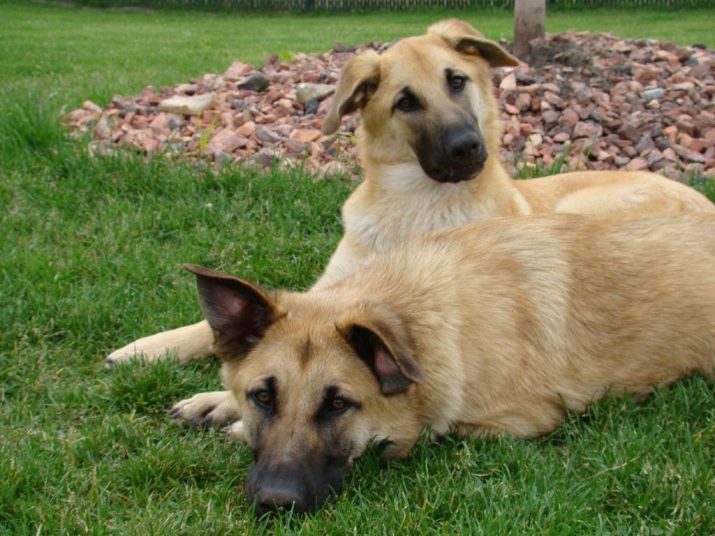
- The breed is characterized by the absence of aggression; the animal can use it only as a defense.
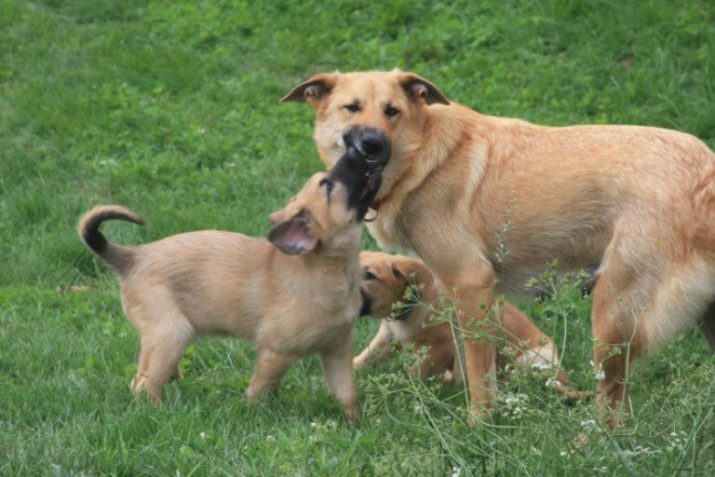
- Dogs are kind and friendly. They easily establish contacts with children and other pets.
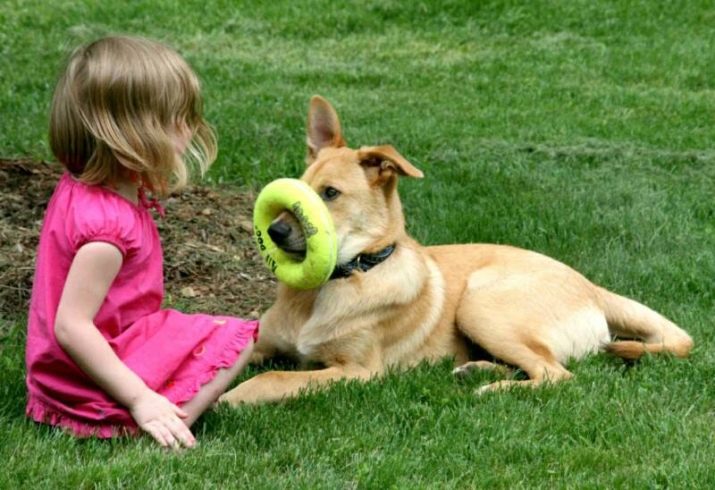
- The dog is distinguished by courage, it can protect itself and its owner.
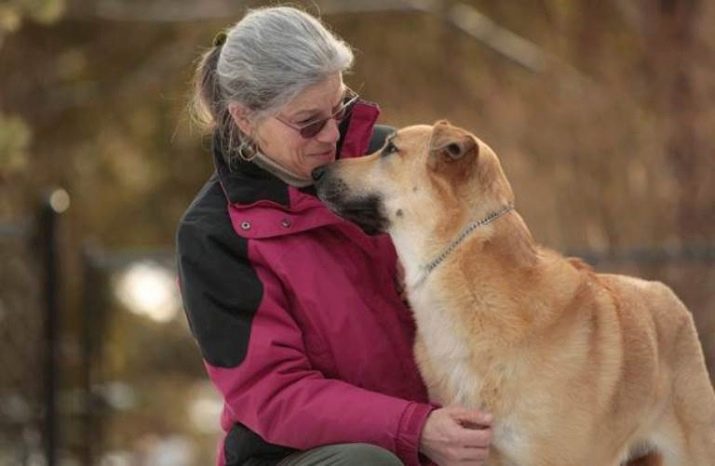
The disadvantages of this breed include quite late growing up. Quite mature dogs are capable of fooling around and chasing cats like puppies.
Character traits
Chinook has a truly northern calm, it is very difficult to piss him off. Majesty and imposing, as well as a proud posture, are characteristic of these dogs. Representatives of this breed are distinguished by their extreme devotion to the owner, they are characterized by tenderness and sensitivity towards the owner. To achieve obedience, you need to make them understand even at puppyhood that the person is in charge. Pets are characterized by a team spirit, they cannot live without company and communication, and it doesn't matter who it will be - people or other animals.
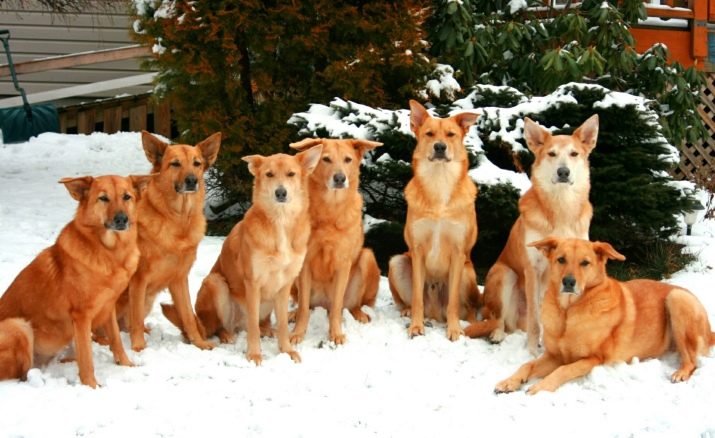
Chinooks suffer greatly from loneliness, they can even get sick because of this. The dog's friendliness does not allow him to show aggression, and he rarely barks, for this reason dogs are not used as sentries. At the same time, they are not cowardly and may well protect themselves and the owner if a threat arises. Thanks to their courage and imposing size, the Chinook is often the winner in such confrontations. The pet is very active and efficient, it needs walks and vigorous games, so the dog needs to devote enough time.
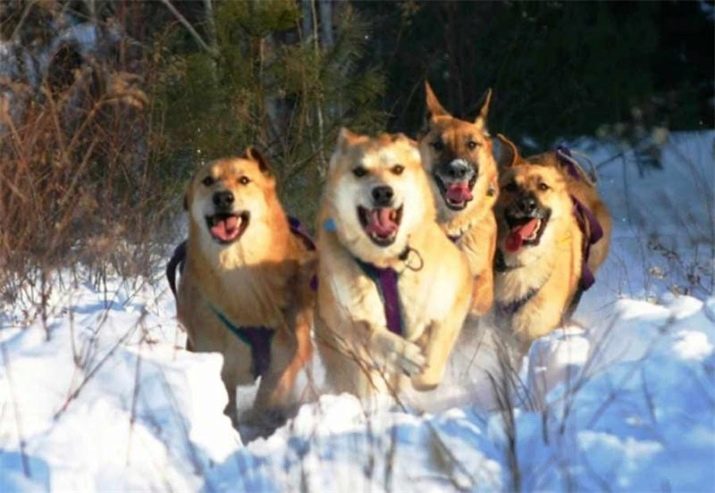
This is the ideal travel partner who loves to explore new things and can show extraordinary search and rescue abilities if necessary.She also reveals her friendliness towards children, so she will become an excellent protector, friend and loyal partner for them, especially in games that she adores at any age.
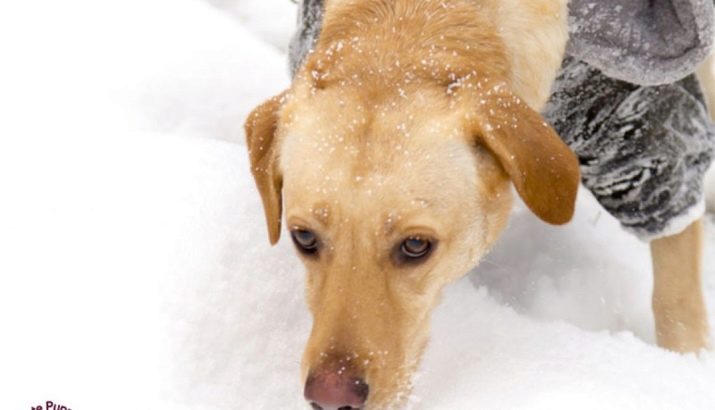
Content rules
For such a dog as a chinook, the conditions of an apartment are completely unsuitable, but a private house with a spacious aviary and a yard is just right. It is better for the animal to sleep in a dry and comfortable room. Since the dog needs communication with the owners, you need to give him the opportunity to go inside the house. Dogs of this breed belong to very cleanliness, they themselves tidy up their fur. The only thing that is needed is to comb out the pieces of wool with a brush. It is enough to do this once a week, and during the molting period - three times a week.
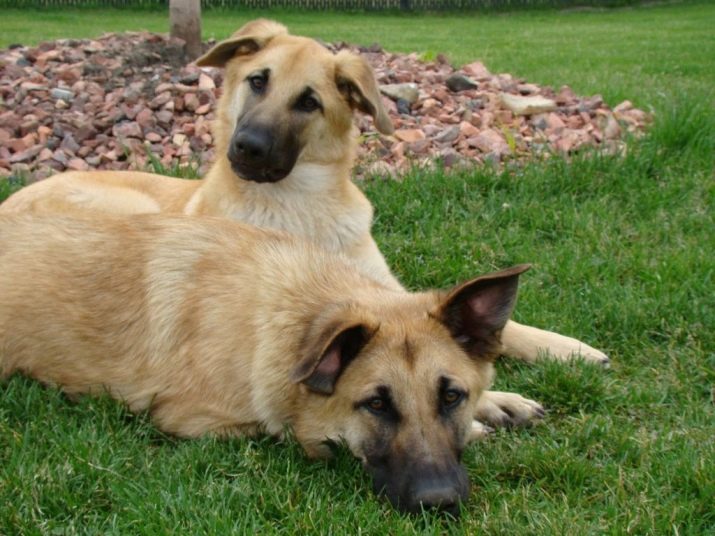
Dogs need to be bathed infrequently, because they are very careful: twice a year is enough. After bathing the dog, you need to dry it well with a towel or hairdryer, since the thick undercoat dries for a long time. In the cold season, it is better to exclude water procedures in order to avoid colds. Ears, eyes, teeth and nails also need cleaning.
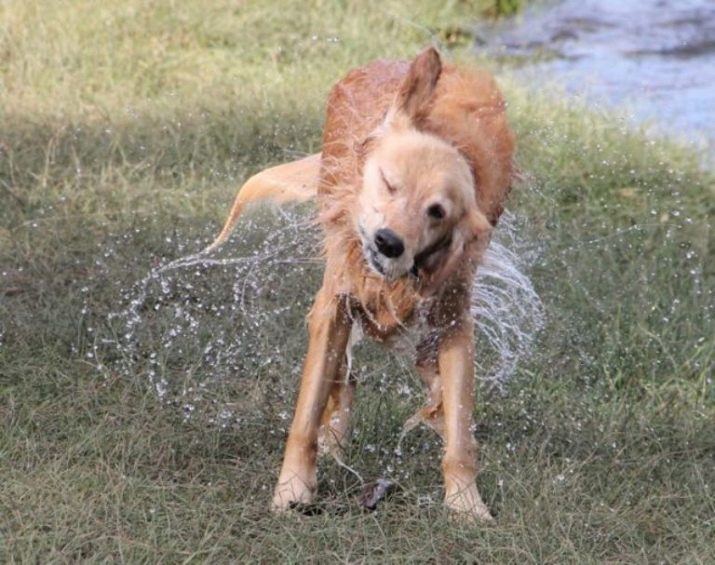
- Ears need to be brushed infrequently, since the sulfur layer creates a protective layer against dust and moisture entering the auditory canals. To determine when to carry out the procedure, you need to lightly run a cotton swab in the ear canal, and if pieces of sulfur appear on it, it's time for cleaning. For this, cotton pads are used, they remove dirt well and cannot damage the channels. Sanitary napkins work well as well. They contain a special agent that has dissolving properties and gently cleanses, moreover, does not cause irritation.
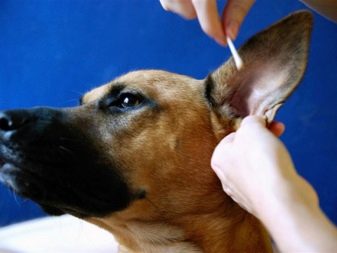
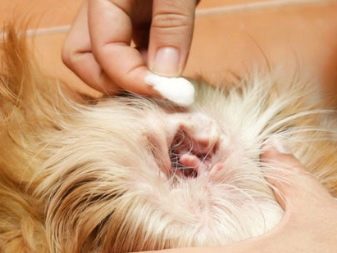
Lotions for cleaning the ears are also on sale, they are very easy to use: a few drops of the product are instilled into the ear, after 2-3 minutes the dirt will dissolve and come out when the dog moves.
- The dog's eyes are cleaned as needed. Sometimes liquid accumulates in the corners, which must be removed with a cotton swab or gauze dipped in saline. For more serious problems (severe lacrimation, redness of the eyes or contact with a foreign object), you should show your pet to a doctor.
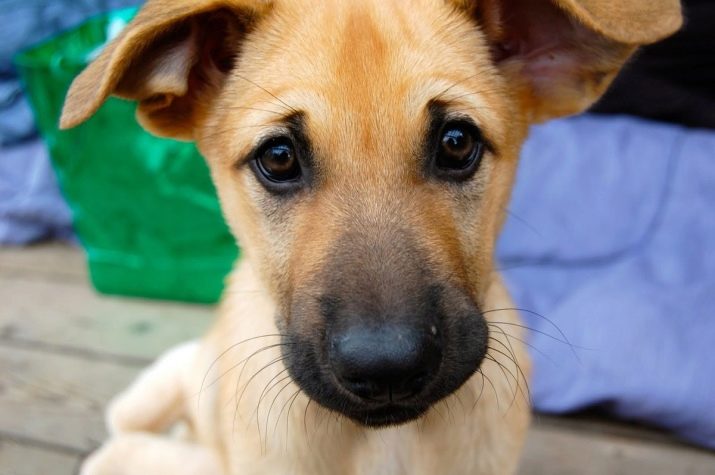
- Chinook's teeth, like any predator, need care. The yellow plaque that appears on them can lead to loss of teeth or diseases of other organs of the dog. To prevent this, you need to teach the animal to brush its teeth from puppyhood. For small dogs, you can use a fingertip attachment, and for large dogs, you can use a regular toothbrush. The paste must be purchased from a specialized veterinary pharmacy.
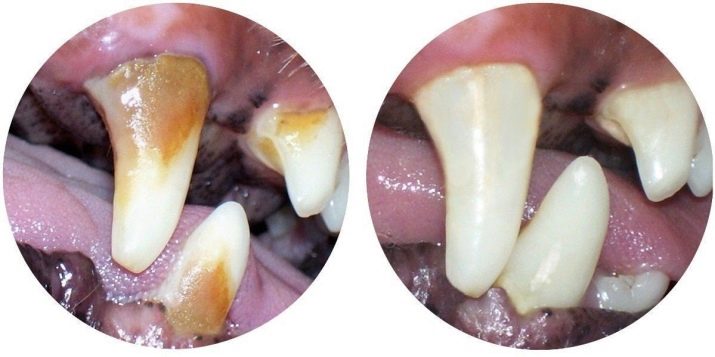
The procedure must be performed at least once a week. Some brands of dog food contain special minerals that cleanse the enamel just in the process of eating.
- Claws in dogs due to an active lifestyle, they grind off naturally. The owner should only examine them from time to time and, if necessary, correct their condition. It is better to entrust the haircut to a professional, although you can do it yourself at home.

Chinook needs long active walks for 2-3 hours a day, otherwise he will get sick. In nutrition, the dog is not picky, both regular food and commercial food are suitable for it. The basis of the diet should include meat, vegetables, fruits, as well as cereals and dairy products. It is worth choosing premium food for large dogs. Clean water must always be present in the aviary.
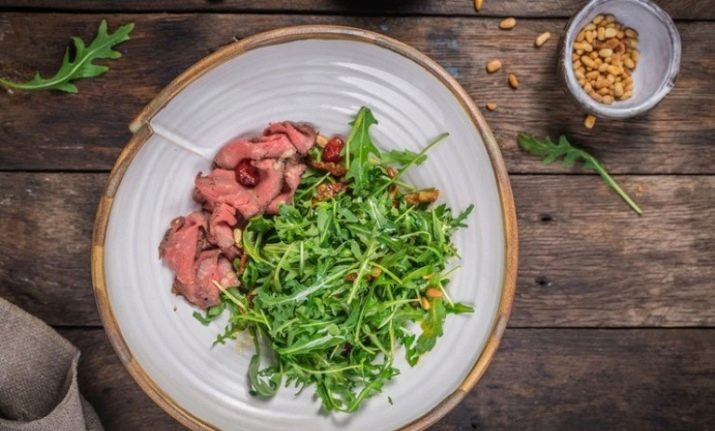
Dogs of this breed can sometimes have health problems, so it is necessary to have regular check-ups with a specialist and get vaccinated.
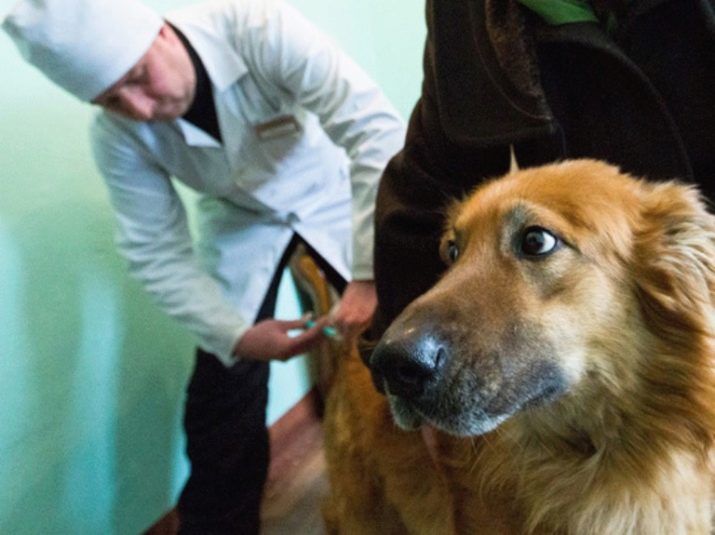
Training
After acquiring a puppy, socialization is carried out. Considering the intelligence and intelligence of the chinook, this is not difficult. The dog quickly grasps new knowledge, does not need repetition and does not harm. Since by its nature the animal is accustomed to obeying the "leader", you need to immediately make it clear who is in charge. Otherwise, the dog can take on this role.
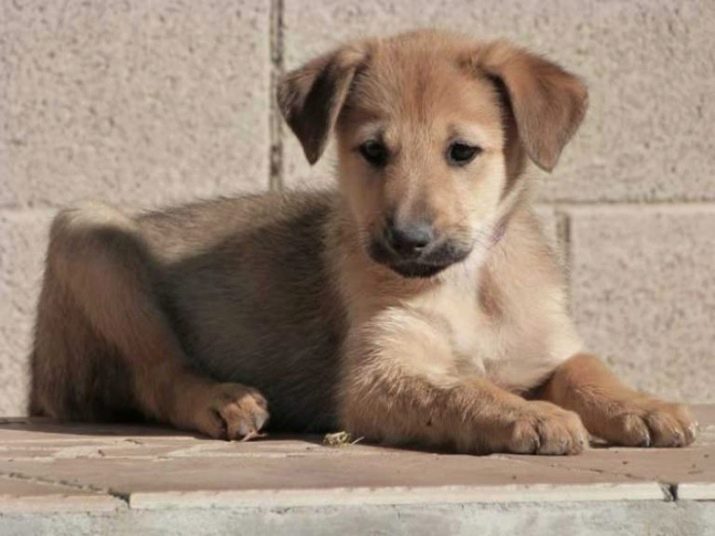
By their nature, strong and active dogs need the same owner. The Chinook learns commands very quickly, thanks to innate intelligence and intelligence. When purchasing a dog, you must remember that it was created for the transportation of goods, so good physical activity and frequent training are simply necessary for it. The animal can ride a sled with children or run after a bicycle with ease and pleasure. Dogs have an extremely large supply of energy and must be given the opportunity to use it.
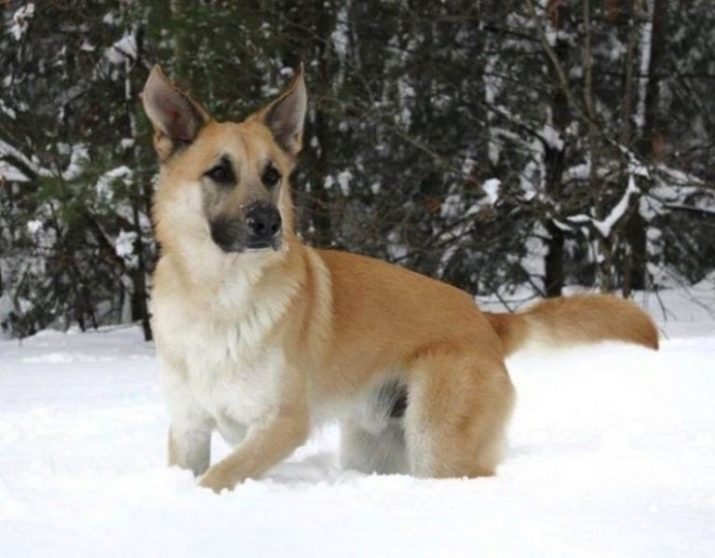
The owner must be ready for active spending time, regular training and training. Dogs are very curious and eager to learn new things throughout their lives. It is very difficult to acquire a puppy, but if such an opportunity presents itself, it is imperative to choose by pedigree, and not by description. The owners of such a dog can only be envied - they have acquired a faithful and kind friend for life.
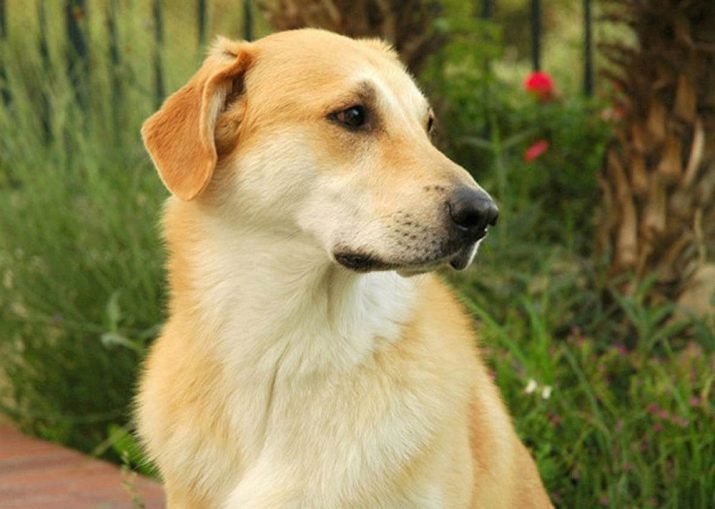
For more information on the behavior of a Chinook dog without a walk, see the next video.
